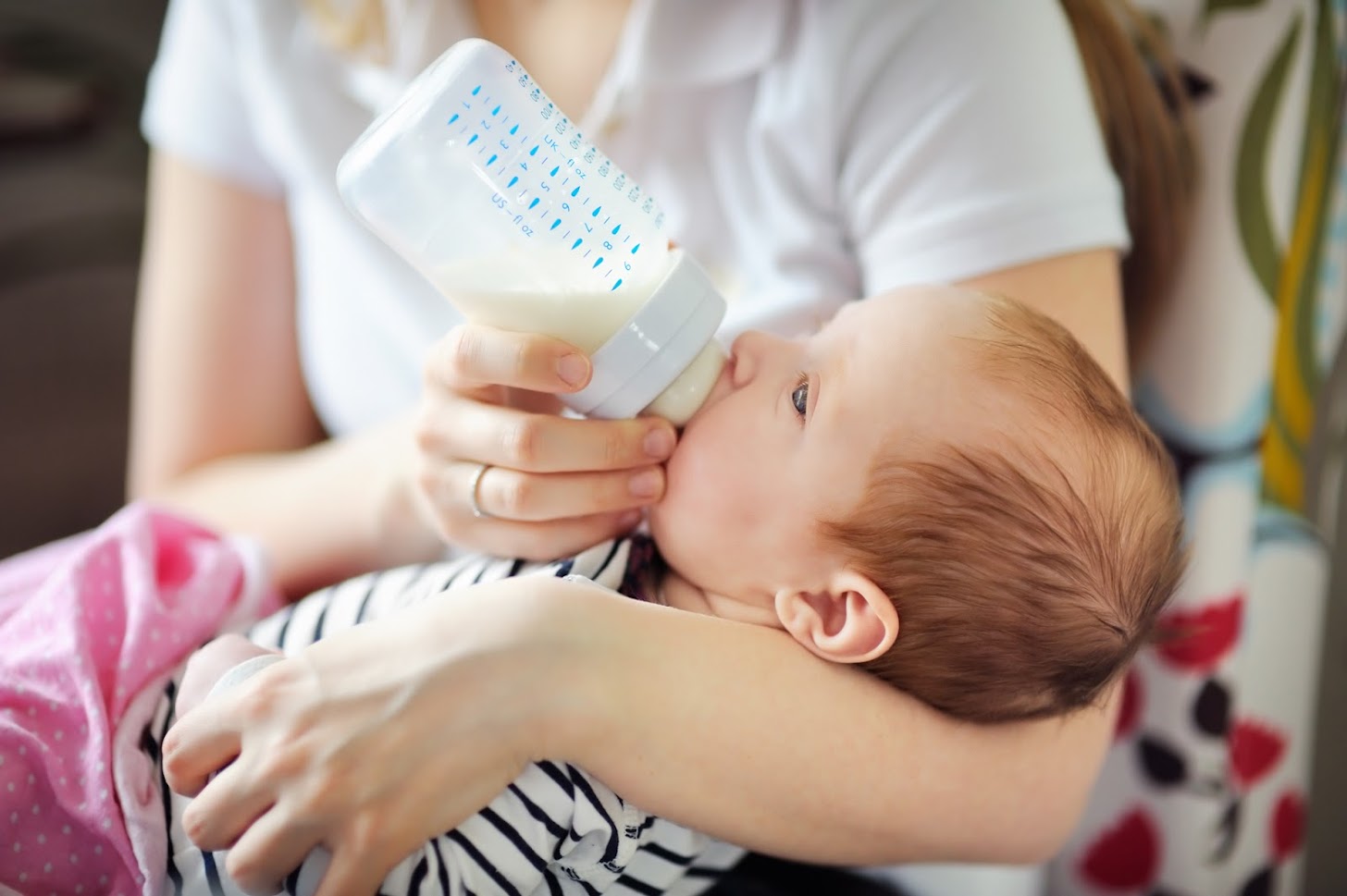
If you are a new parent, you are probably excited about your baby's future. Still, you may be worried about different aspects of their wellbeing, including their oral health. After all, the state of a child's teeth and gums can impact their dental health for a lifetime.
Still, some people may think that tooth decay and other oral issues are unlikely to develop before a child has been fully weaned from a bottle. Nevertheless, tooth decay can start long before a child has been weaned. In fact, a bottle can promote dental decay.
Discover crucial information about baby bottle decay and how you can avoid it.
What Is Baby Bottle Decay?
Baby bottle decay is a form of tooth decay that occurs when a child's teeth has exposure to the sugary contents of a baby bottle for prolonged periods.
Many parents feel that the contents of their child's bottles are healthy and consequently should not promote decay. However, the bacteria in a child's mouth feed on simple sugars and release acids that cause decay. Even milk, juices, and other healthy substances that your child may ingest through a bottle contain natural sugars that decay-causing oral microbes feed on.
The decay is most progressive when children suck from their bottles slowly and continuously during the day or drink from their bottles as they drift off to sleep. Sipping from a bottle for long periods throughout the day keeps the bottle's contents in the mouth, giving the oral bacteria continual access to the sugars.
In addition, a bottle as a soothing mechanism to help a child rest allows the bottle's contents to collect in the child's mouth. This pooling effect bathes the little one's teeth in the sugary contents for longer periods because the swallowing reflex relaxes as a child sleeps.
How Do You Treat Baby Bottle Decay?
Dentists choose treatment options for baby bottle decay based on the degree of the decay. Decay in the earliest stages, which usually presents as white spots on the tooth material, may even be reversible. Thus, dentists often prescribe fluoride treatments during the early stages to help remineralize the teeth. Additionally, providers may suggest dietary changes, such as limiting sugary drinks and acidic juices.
Once large cavities form on the teeth, the dentist must remove the decay and may cover the affected teeth with stainless steel dental crowns.
How Can You Avoid Baby Bottle Decay?
Parents can take multiple measures to help their child avoid baby bottle decay. A few of them include the following tips:
- Avoid offering a bottle to soothe the child. Instead of offering a bottle to help a child rest or calm down, use other soothing options, such as orthodontic pacifiers.
- Offer a cup as soon as the child can eat baby food. As soon as the child starts to transition to solids, offer a cup during feedings. The cup releases larger amounts of fluid at once and discourages the continual sucking of small amounts of liquid.
- Only place water in the bottle. The presence of water in a child's mouth discourages tooth decay. The water dilutes oral acids and helps rinse sugary debris from the child's mouth.
- Brush your baby's teeth. As soon as your baby's first tooth erupts, start brushing daily with a baby toothbrush. You can even use a tiny bit of mildly flavored toothpaste.
By taking the right preventive steps, you can help your child avoid baby bottle decay altogether.
To learn more ways to preserve your child's dental health, contact Treasured Smiles Pediatric Dentistry to schedule a consultation. We look forward to seeing you and your child.